Ice Cube Digital Biography

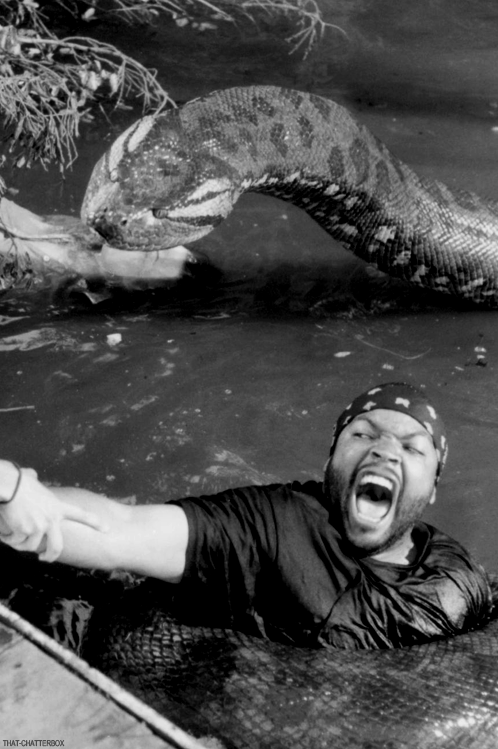
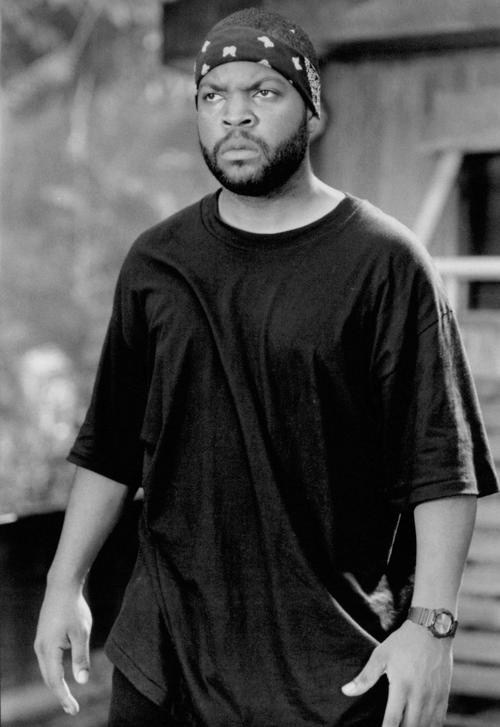







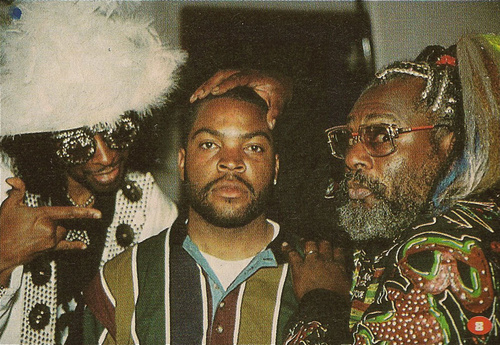

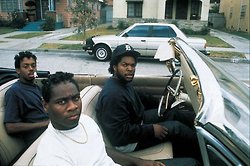
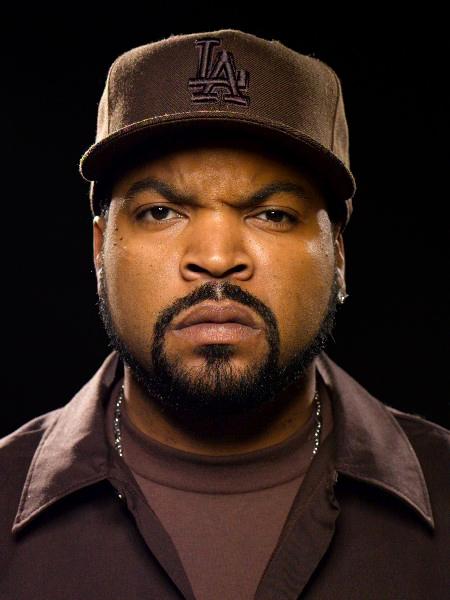
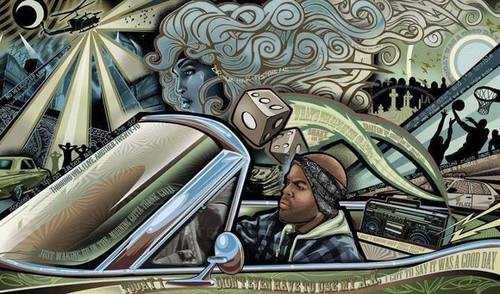

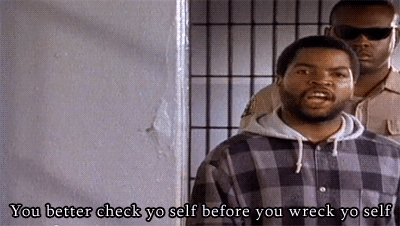
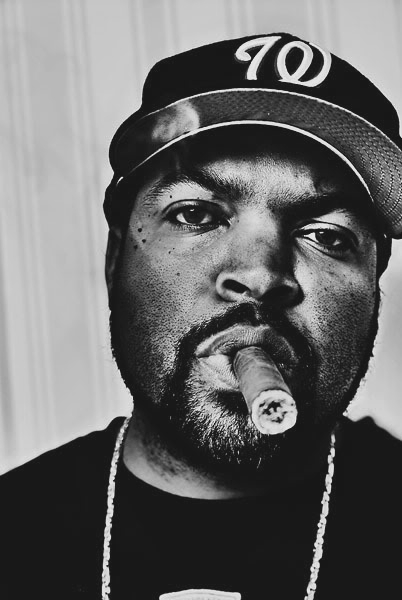
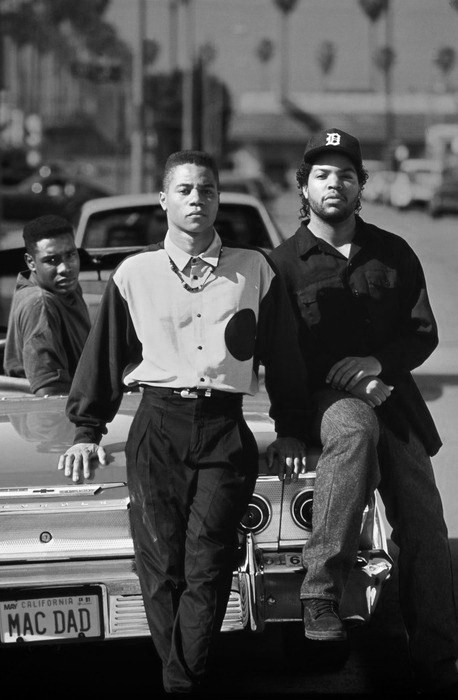

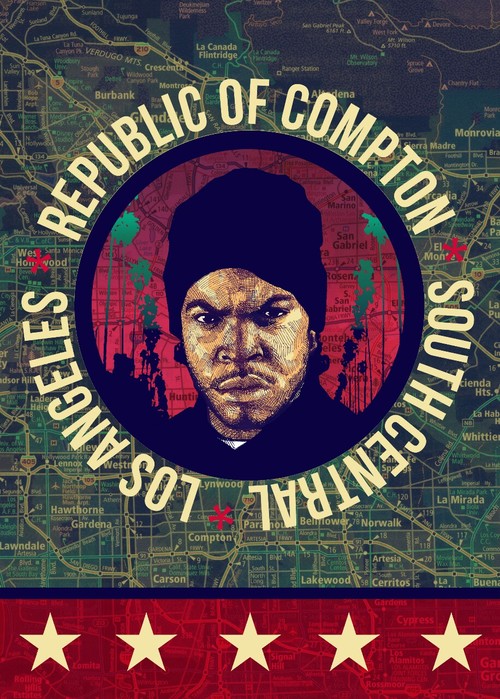



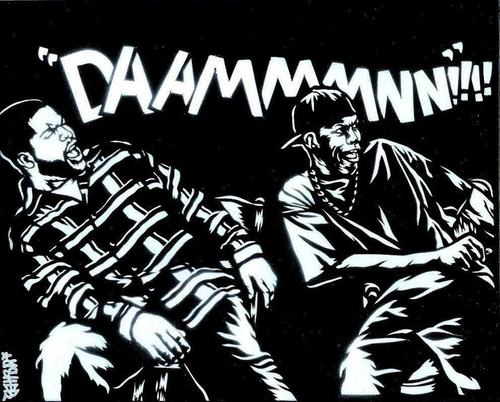



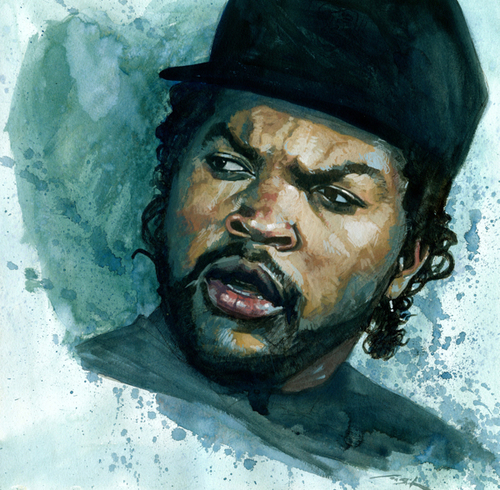

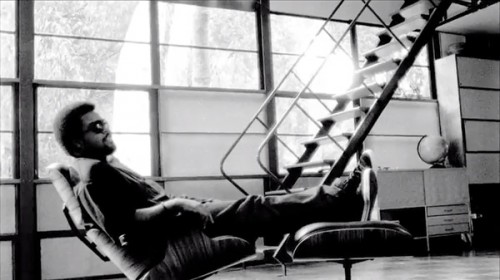
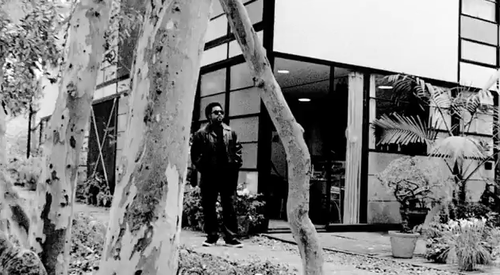


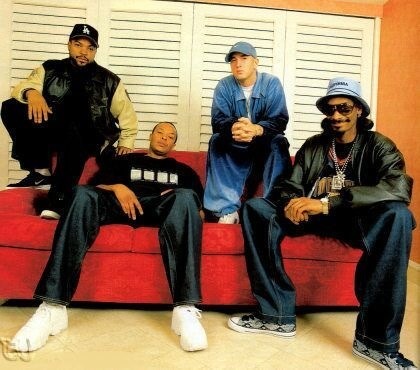
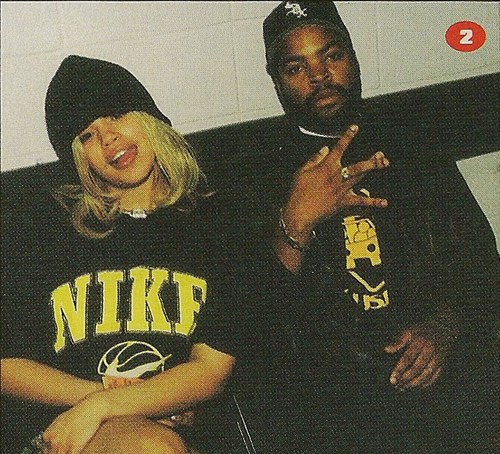


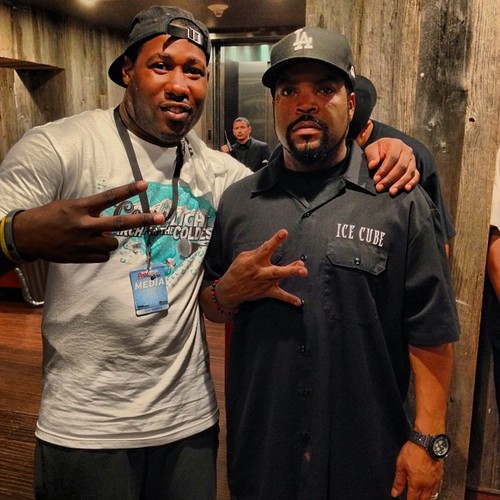



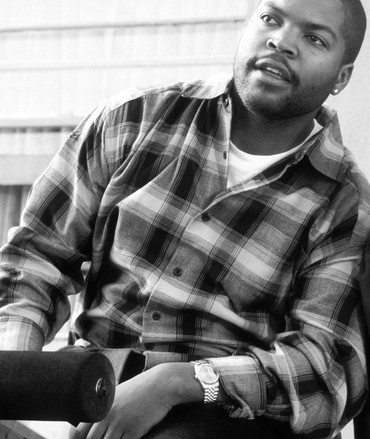


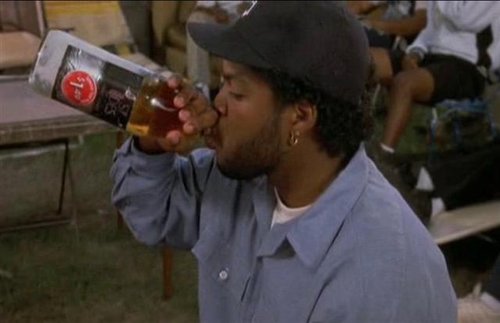
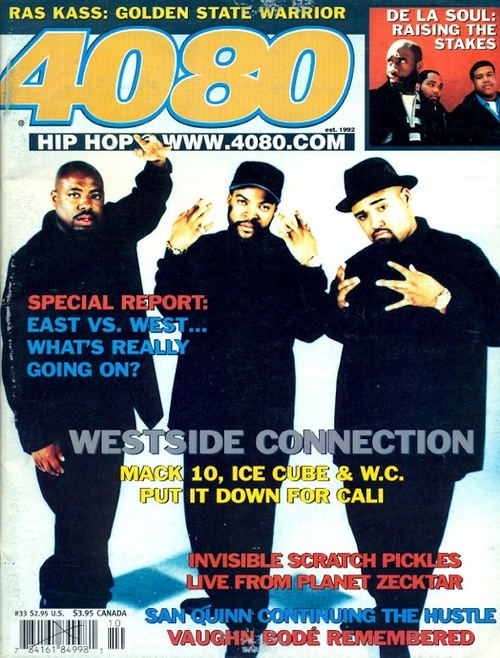
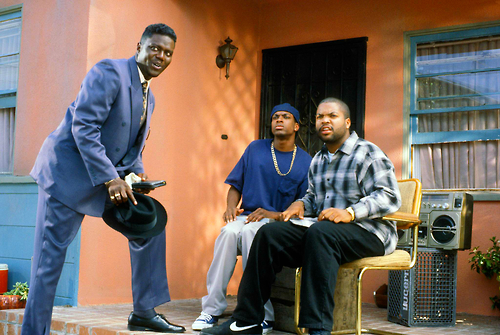
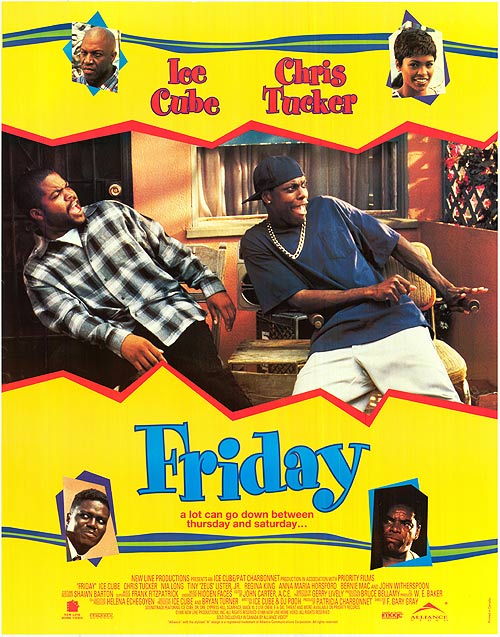
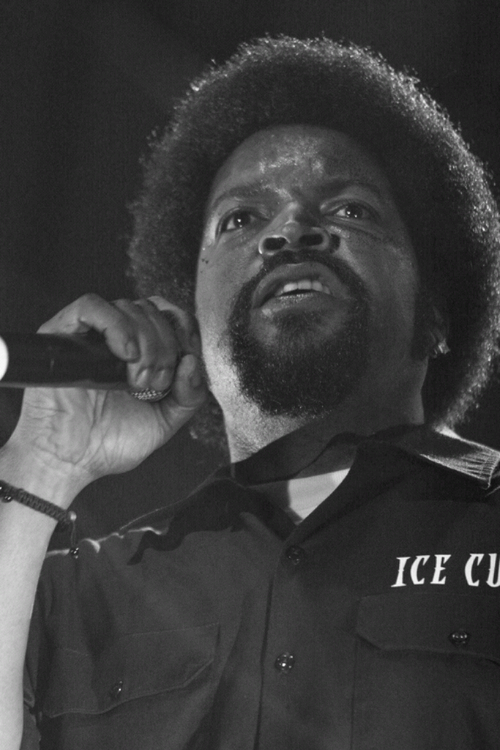

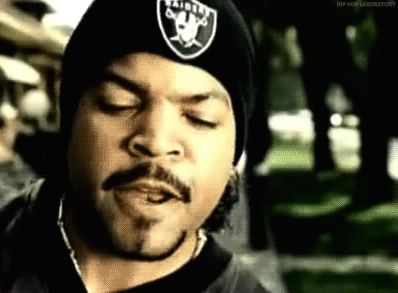


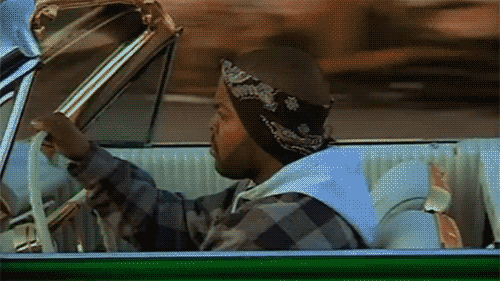
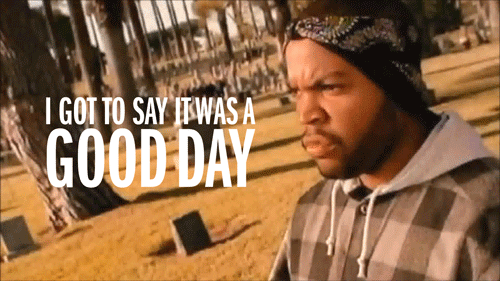
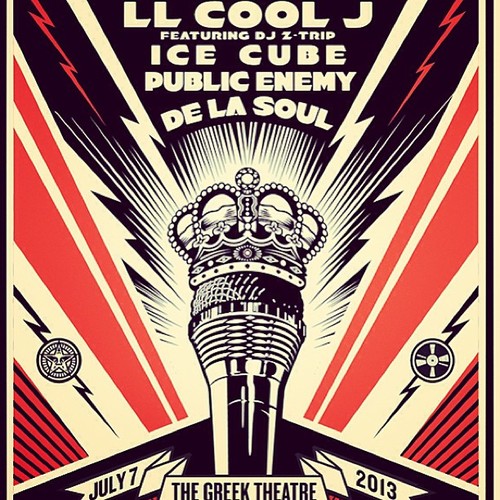

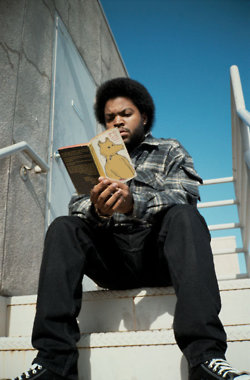


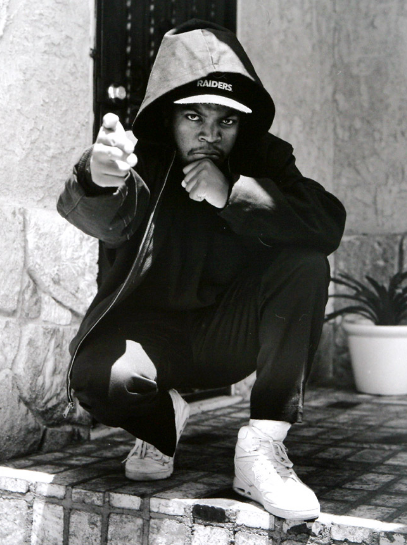
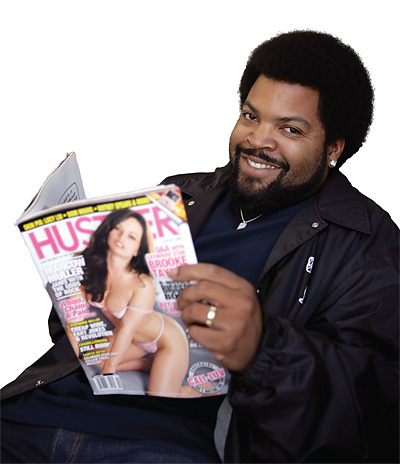
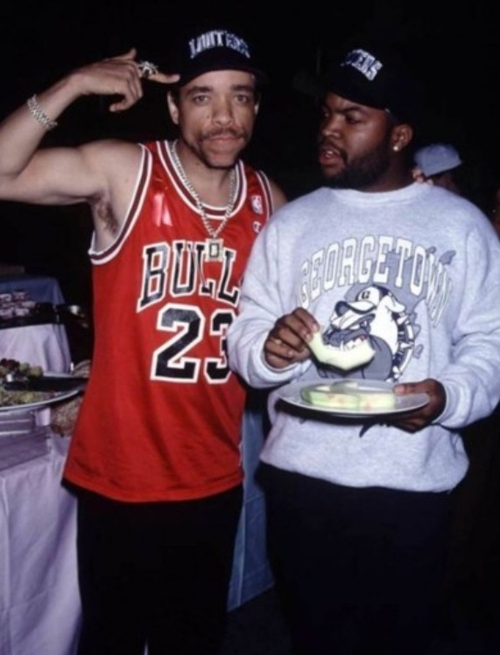
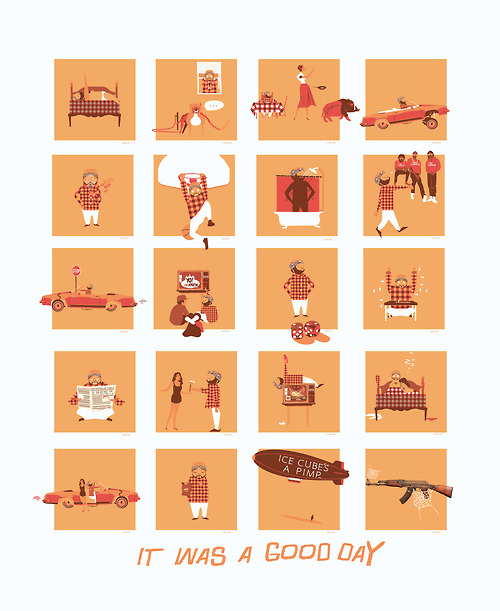
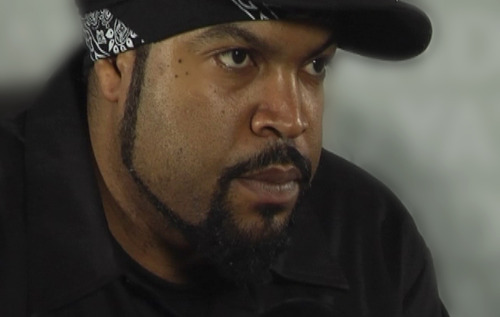
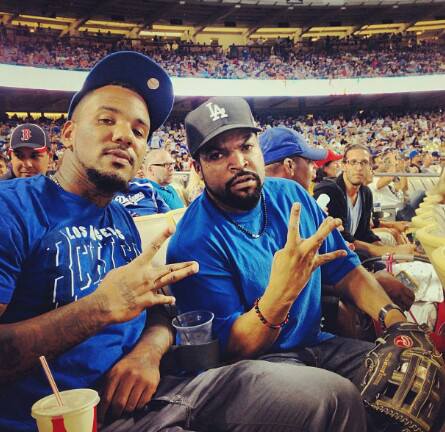
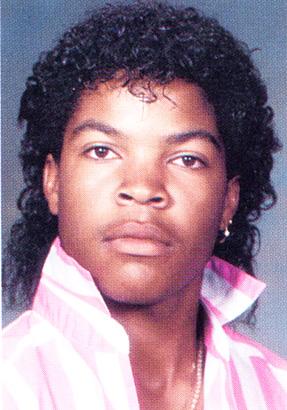

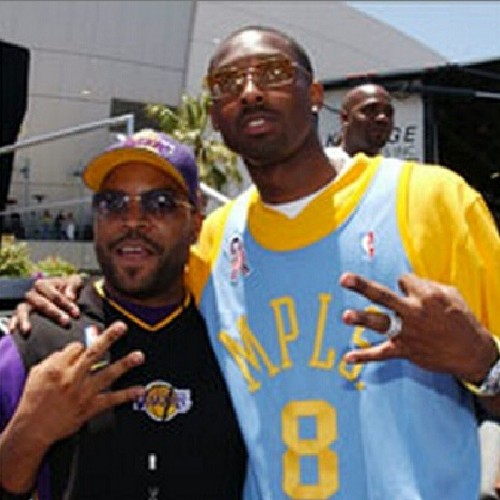

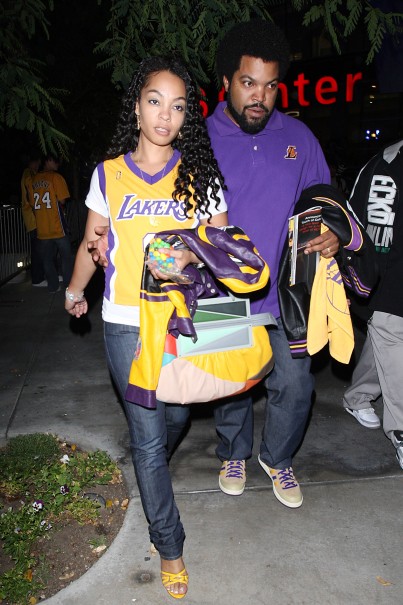
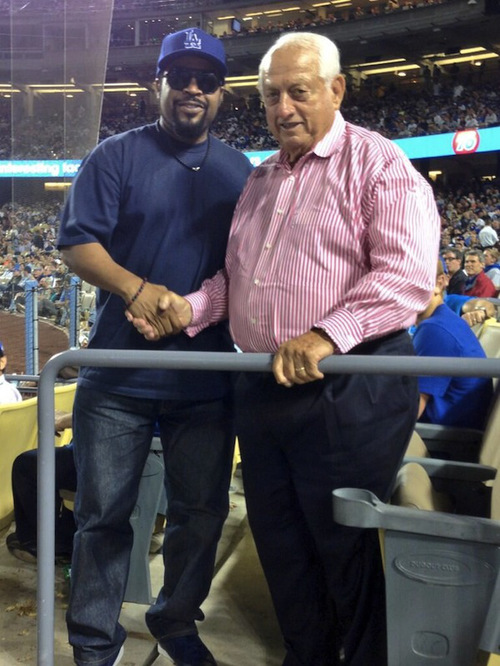
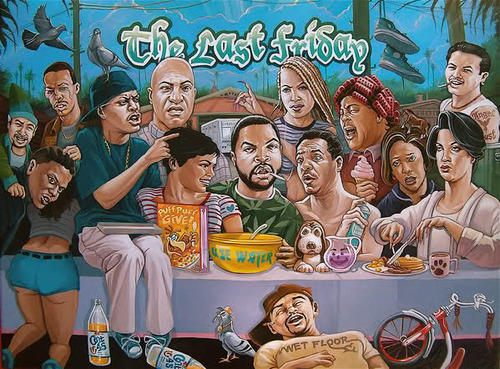
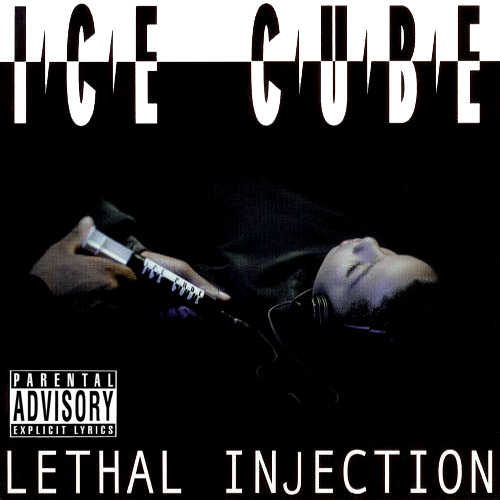


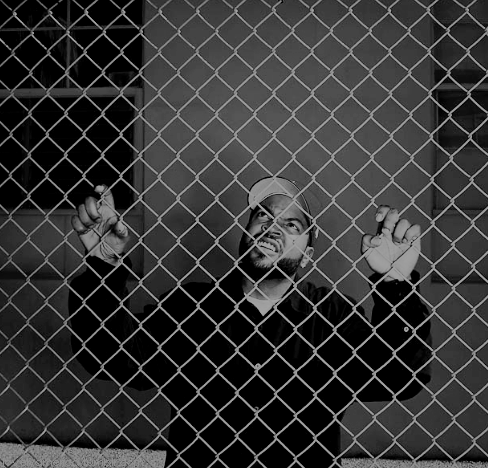
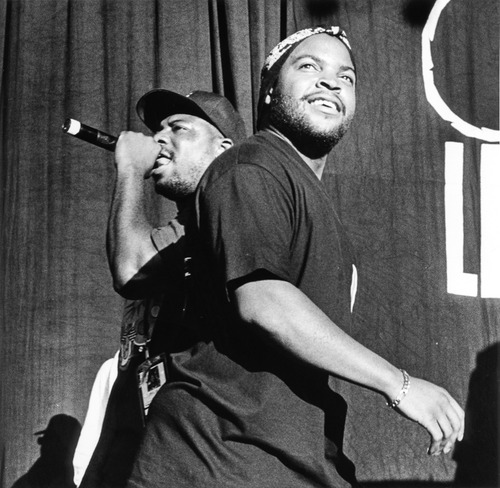



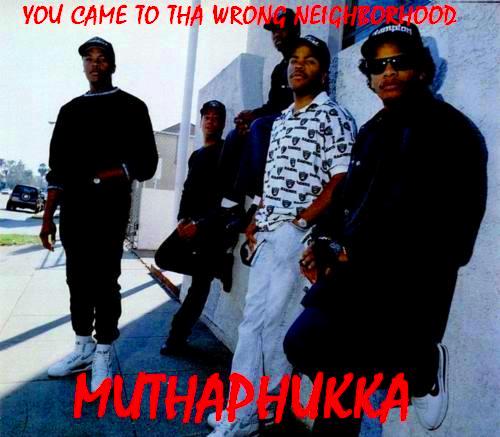

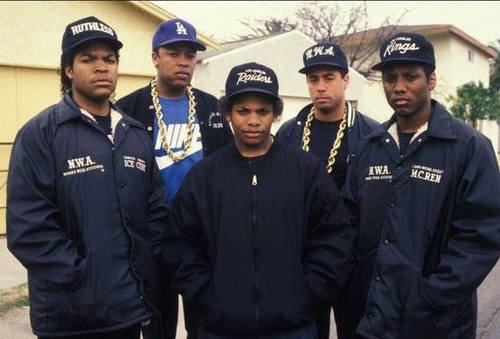
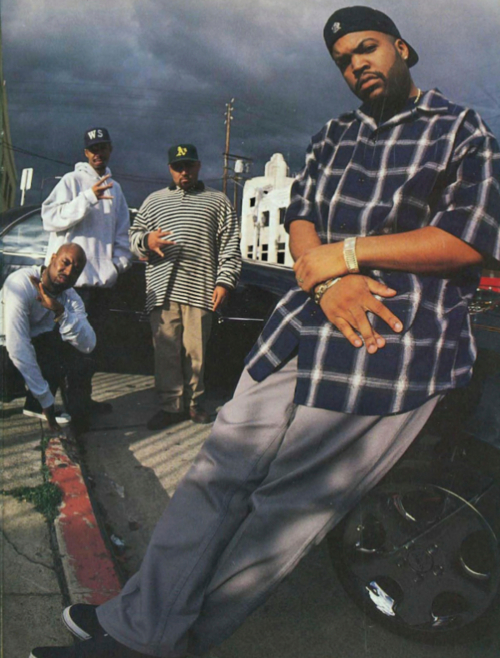

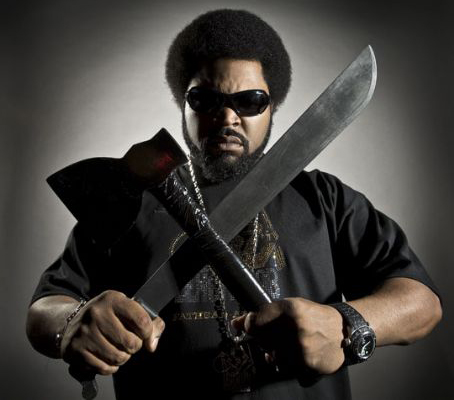
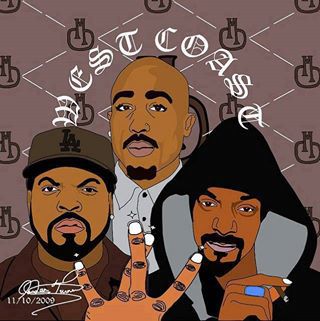
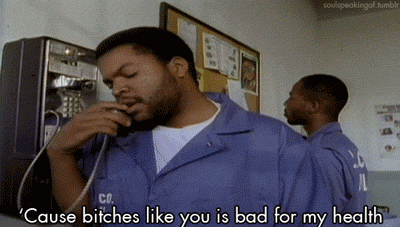
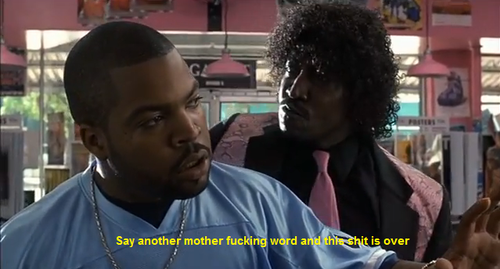




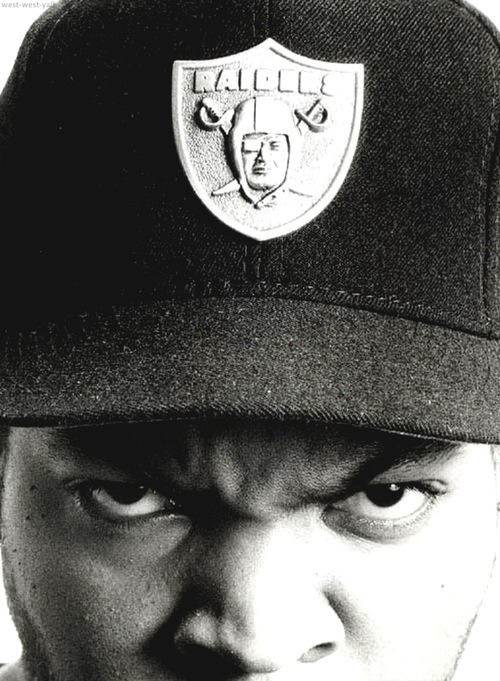
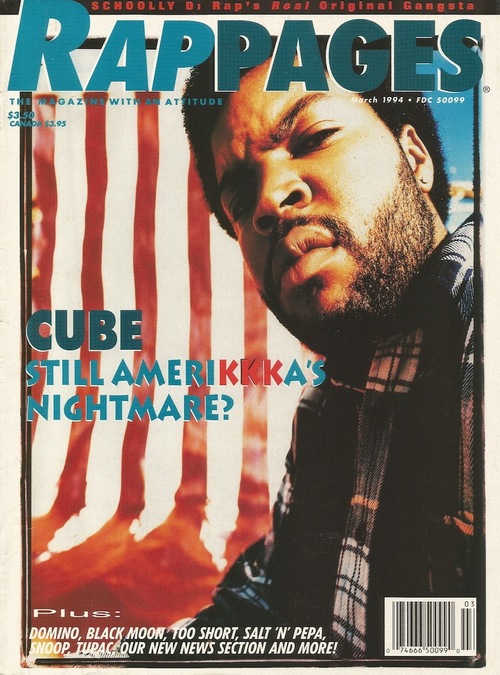
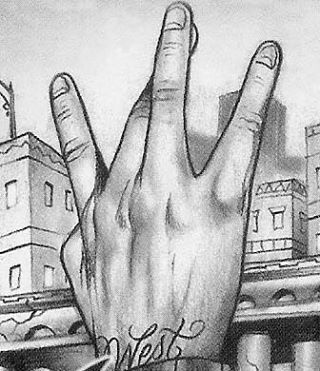

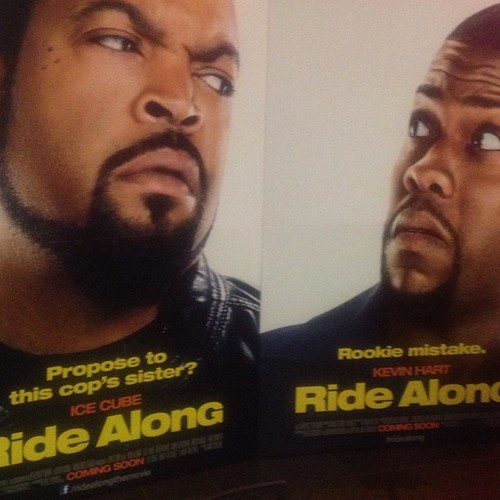

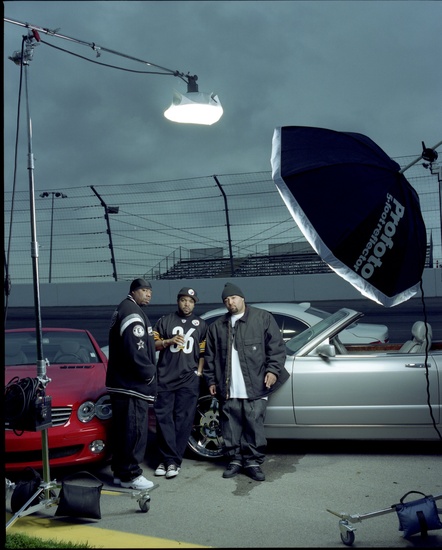
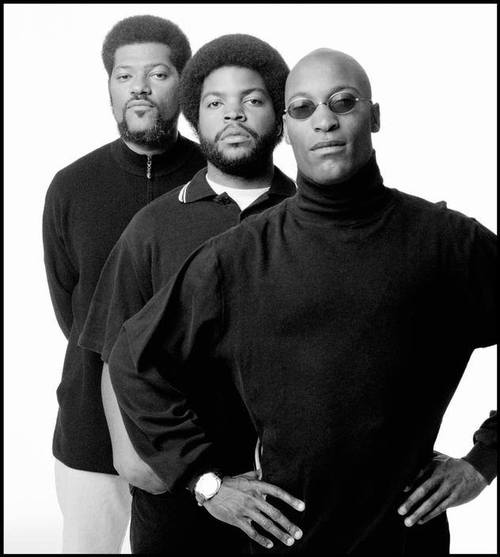


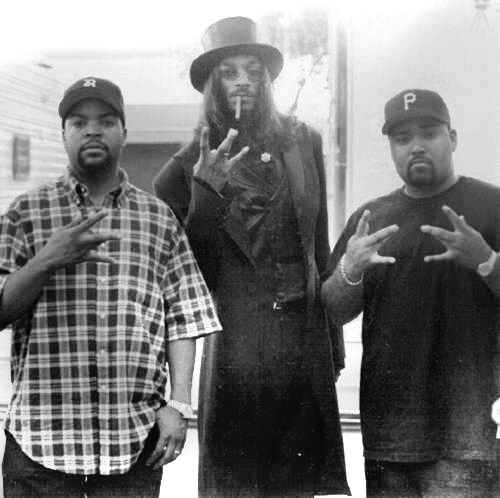
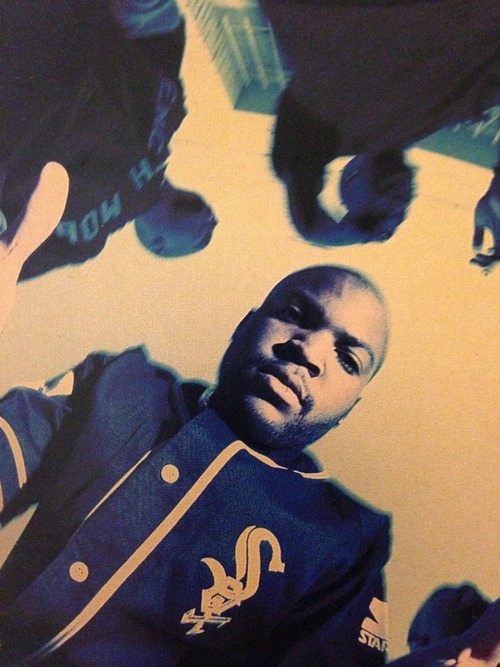
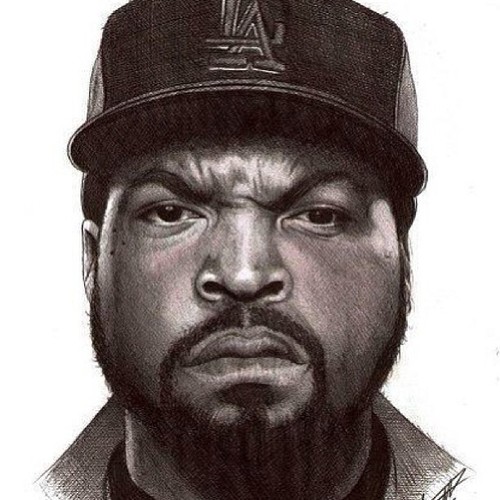
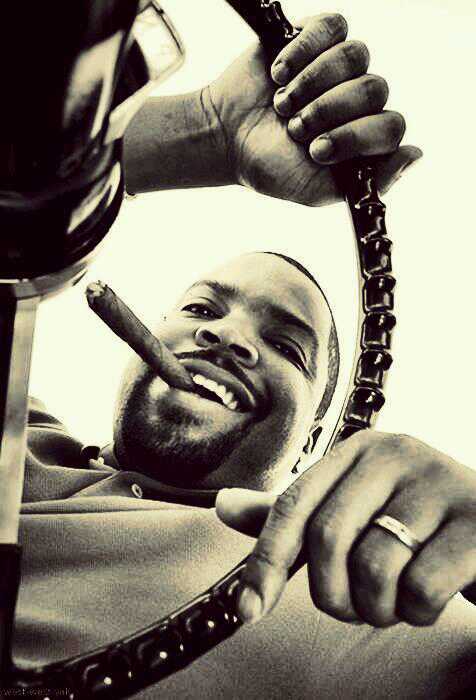

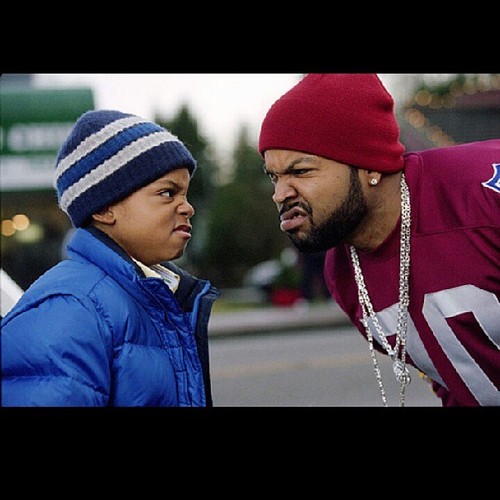
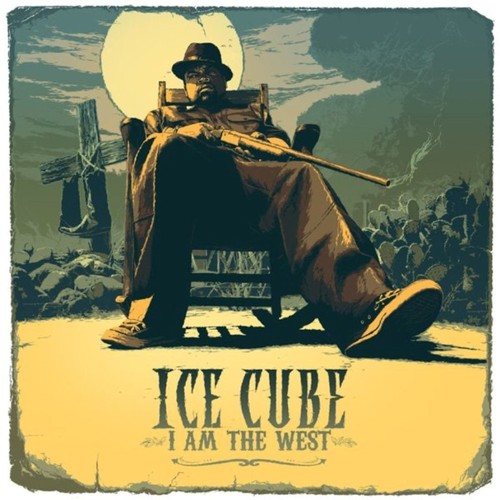
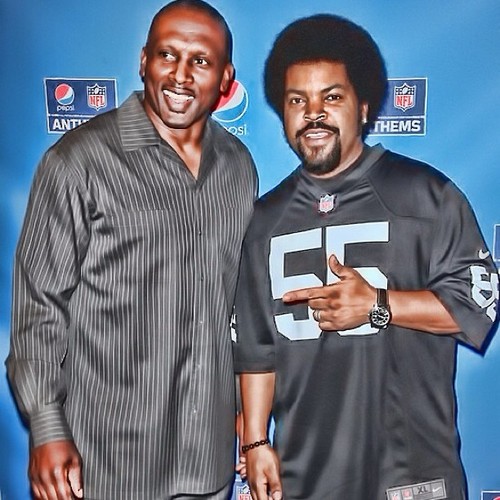




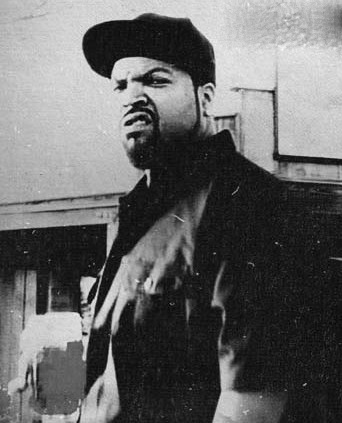

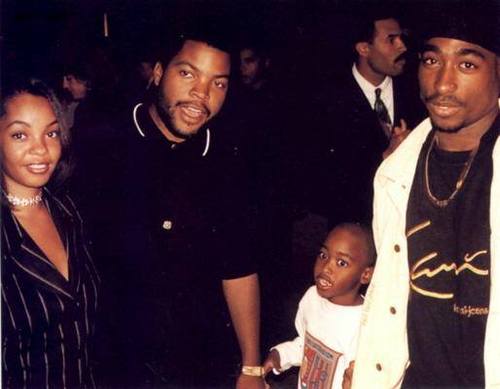
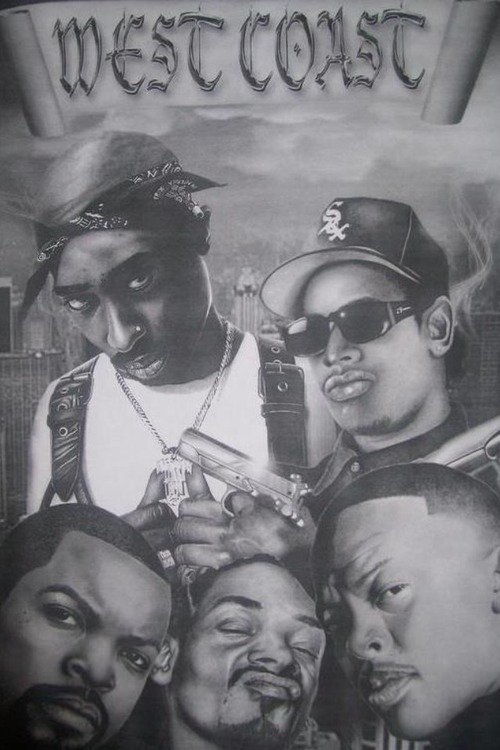


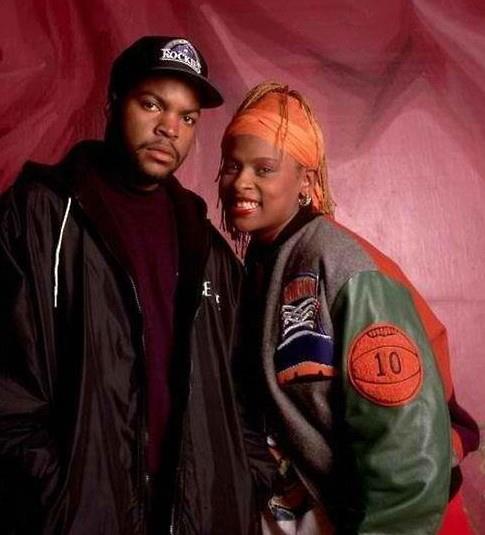
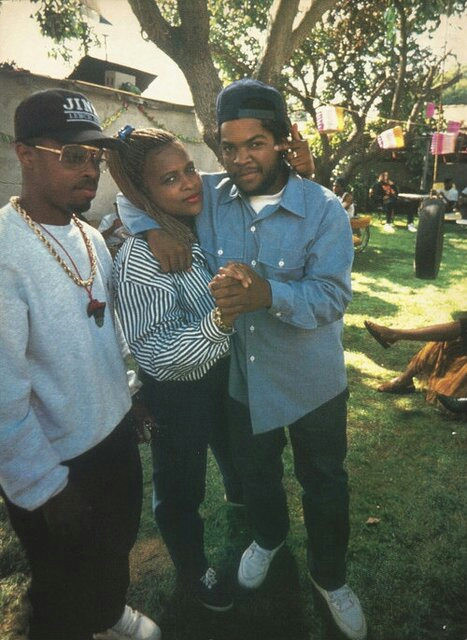
"I keep the fire in me. You gotta be able to survive in whatever environment you find yourself in. The 'hood means everything to me. You never know when you could wind up back there."
Actor and rapper Ice Cube was born in South Central Los Angeles in 1969. With fellow rappers Dr. Dre, Eazy-E, DJ Yella and MC Ren, he rocketed to fame in the late 1980s as a member of the hard-hitting gangsta rap group, N.W.A. After breaking off on his own in '89, Cube has put together a successful recording and acting career, having appeared in the films Friday (1995), Barbershop (2002) and Are We There Yet?
Early Life
Rapper, actor and producer Ice Cube was born O'Shea Jackson on June 15, 1969, in South Central Los Angeles, California. Ice Cube was raised by his mother—Doris—who worked as a hospital clerk, while his father—Hosea—was a groundskeeper at the University of California, Los Angeles.
With a set of strong parents behind him, Cube was able to navigate the tricky landscape that was his neighborhood, which became increasingly shaped by drugs, guns and violence. Cube was a good student who was passionate about football and music.
When Cube reached his teens, his parents pulled him out of his local school and bussed him to a suburban high school in the San Fernando Valley. For the young Cube, who'd known little beyond the deteriorating South Central L.A., the affluence and stability that marked his new surroundings left a deep impression. He saw his hometown in a new light and wondered why the violence and drugs that were wreaking havoc on it weren't generating more attention.
As he saw more of his friends get killed or go to jail, Cube became determined to create a better life for himself. After high school, he enrolled at the Phoenix Institute of Technology, where he earned a two-year degree in drafting in 1988.
N.W.A.
Around this time, he also continued to get involved in music, with much of his interest focused on the still emerging world of rap. He started writing his first raps in high school, and in the mid-1980s started a group with two others called CIA. The group, and Cube in particular, soon caught the attention of another up-and-coming rapper, Andre Romelle Young, better known as Dr. Dre.
Together, the two teamed up with a small crew of other young rappers (DJ Yella, Eazy-E and MC Ren) to form N.W.A. (****** With Attitude).
Considered one of the pioneers of gangsta rap, N.W.A.'s hard-hitting sound and lyrics jolted the music industry, all the while selling millions of records. The group's second album, Straight Outta Compton (1988) rocketed the young men to fame. Anchored by the controversial hit "**** tha Police," the record made them one of the most contentious groups in the music business, while also delving into the complicated divide between black youth and law enforcement.
Cube's fourth album, Lethal Injection, came out in late 1993. Here, Cube borrowed from the then-popular G-funk popularized by Dr. Dre. Although not received well by critics, the album brought successful singles, including "Really Doe", "Bop Gun (One Nation)", "You Know How We Do It", and "What Can I Do?" After this album, Ice Cube effectively lost his rap audience.
Following Lethal Injection, Cube focused on films and producing albums of other rappers, including Da Lench Mob, Mack 10, Mr. Short Khop, and Kausion. In 1994, Cube teamed with onetime N.W.A groupmate Dr. Dre, who was then leading rap's G-funk subgenre, for the first time since Cube had left the group, and which had disbanded upon Dre's 1991 departure. The result was the Cube and Dre song "Natural Born Killaz", on the Murder Was The Case soundtrack, released by Dre's then-new label, Death Row Records.
In 1995, Cube joined Mack 10 and WC in forming a side trio, the Westside Connection. Feeling neglected by East Coast media, a longstanding issue in rap's bicoastal rivalry, the group aimed to reinforce West pride and resonate with the undervalued. The Westside Connection's first album, Bow Down (1996), featured tracks like "Bow Down" and "Gangstas Make the World Go 'Round" that reflected the group's objectives. The album was certified Platinum by year's end. Interpreting rapper Common's song "I Used to Love H.E.R." as a diss of West Coast rap, Cube and the Westside Connection briefly feuded with him, but they resolved amicably in 1997.
It was also at this time that Cube began collaborating outside the rap genre. In 1997, he worked with David Bowie and Nine Inch Nails singer Trent Reznor on a remix of Bowie's "I'm Afraid of Americans". In 1998, Cube was featured on the band Korn's song "Children of the Korn", and joined them on their Family Values Tour 1998.
Other Endeavors
Cube's involvement with N.W.A. came to screeching halt in 1989. Angered over how little he'd been paid, he bolted the group and went solo. A year later, he released the first of several critically acclaimed albums, AmeriKKKa's Most Wanted. In 2013, he released his tenth studio album, Everythang's Corrupt.
Around the time of his departure from N.W.A., Cube launched his movie career with a highly praised performance in the John Singleton directed coming-of-age 'hood film, Boyz n the Hood (1992). Over the years, he's had major roles in several other successful films, including the Friday (1995) film series, Three Kings (1999) and Barbershop (2002).
Still, for all his success, Cube hasn't forgotten his roots. "I keep the fire in me," he said. "You gotta be able to survive in whatever environment you find yourself in. The 'hood means everything to me. You never know when you could wind up back there."
(source: biography.com, Wikipedia.com)
See More of the 90's Artists Collection
See More of the West Coast Artist Collection


